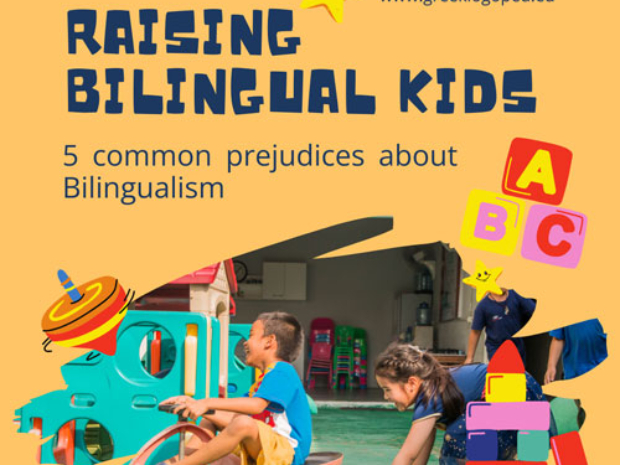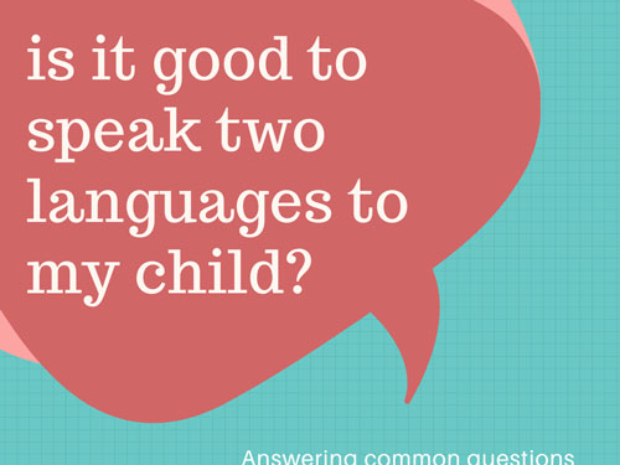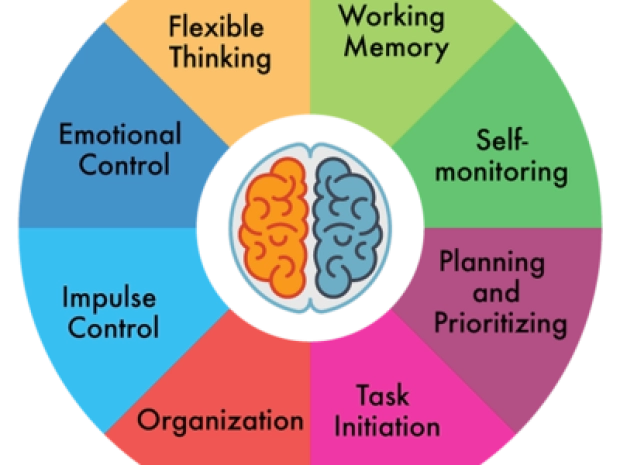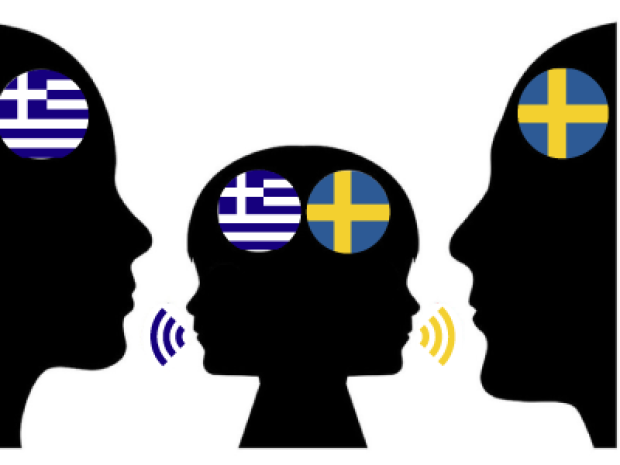What is the relationship between executive functions and speech therapy?
What is executive functioning?
Parents often ask questions like, “Why does my child talk so loudly?” or say, “I love that they’re so talkative, but it feels like they don’t think about the listener when they’re speaking.”
More often than not, these questions can be understood through the lens of executive functions.
In fact executive function is a set of mental skills which help us manage everyday tasks. Executive functions include basic cognitive processes such as attentional control, cognitive inhibition, inhibitory control, working memory, and cognitive flexibility.
Understanding executive functions can help parents and teachers make sense of their child’s specific behaviors and provide strategies to help them manage these challenges effectively.
Let’s explore how speech and language are connected to executive functions.
What is the relationship between executive function and receptive language?
Interestingly, cognitive flexibility —an essential component of executive function— is closely tied to language skills. This means that abilities like making inferences, understanding word meanings, and solving problems require the combined use of multiple executive functions.
In fact, executive functions and language skills work hand in hand. When a child struggles in these areas, they may have trouble following directions, understanding what they read, or even participating in social interactions successfully.
What is the relationship between executive function and expressive language?
Many everyday tasks that rely on expressive language also depend on executive function skills. For example, activities like retelling a story, describing an event that happened at school, or simply talking about an ordinary day all involve these abilities.
One key aspect is sequential skills, which require specific executive functions such as planning. Planning is the skill that helps individuals identify important information and present it in the correct order.
In addition to our abilities to plan and make inferences, executive functions influence our social interactions and understanding. Social cognitive skills such as regulating emotions and behavior facilitate social interaction.
Child’s Social Communication and executive function
For a child to integrate socially—both through their behavior and their use of language in different situations—they need to learn to manage their emotions and impulses.
This helps them adapt their behavior based on their surroundings. For example, they might be full of energy during recess or at the playground but understand that they need to be quieter in the library. It also means they can handle losing a game without overreacting.
The same goes for how they use language. If a child struggles with these skills, they may have a hard time seeing things from someone else’s perspective. You might notice them getting too close to others’ personal space or speaking without much of a “filter.”





